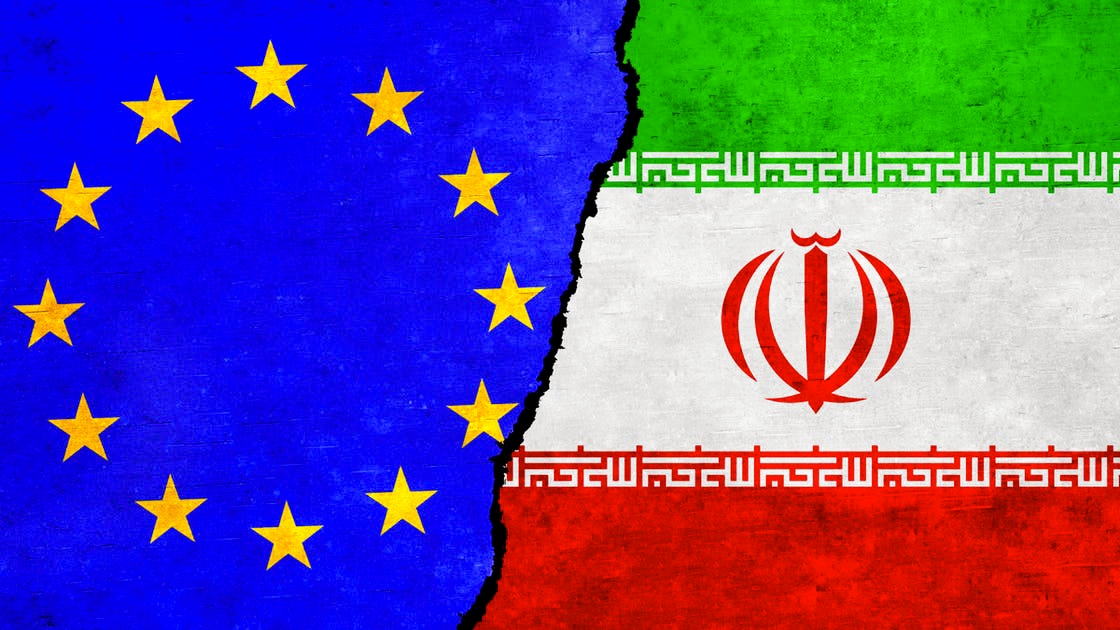Brussels called on Iran yesterday to resume cooperation with the International Atomic Energy Agency, in a diplomatic move aimed at resolving the Iranian nuclear program file through dialogue.
This came in statements by Anwar Gargash, the spokesperson for foreign policy and security at the European Union, who emphasized that the diplomatic path remains the only way to achieve the goal of preventing Iran from possessing nuclear weapons.
Gargash pointed out that the decision to reimpose international sanctions on Tehran, through activating the known mechanism of "snapback," is exclusively subject to the European Troika countries: France, Germany, and Britain, where they have the right to activate this mechanism within the Security Council.
He explained that the foreign ministers of these three countries, in coordination with the High Representative of the European Union, Josep Borrell, held phone calls with their Iranian counterparts in an attempt to resume diplomatic talks, as the fragile ceasefire on the ground seems to provide an opportunity to revive them.
The European Troika are key parties to the 2015 Iranian nuclear agreement, which expires next October, and are authorized to use the "snapback" mechanism to reimpose UN sanctions if any party is found to be in violation of the agreement, where Iran or its allies are not entitled to use the veto power in the Security Council in this case.
In a related context, the procedural system indicates that after submitting a complaint for the reimposition of sanctions, a vote is taken in the Security Council within 30 days, and if the complaining state uses the veto power, the sanctions automatically return, raising widespread legal controversy.
Iran fears the activation of this European mechanism that may reintroduce international sanctions if diplomatic efforts fail, increasing international tensions before the current agreement expires in October.

